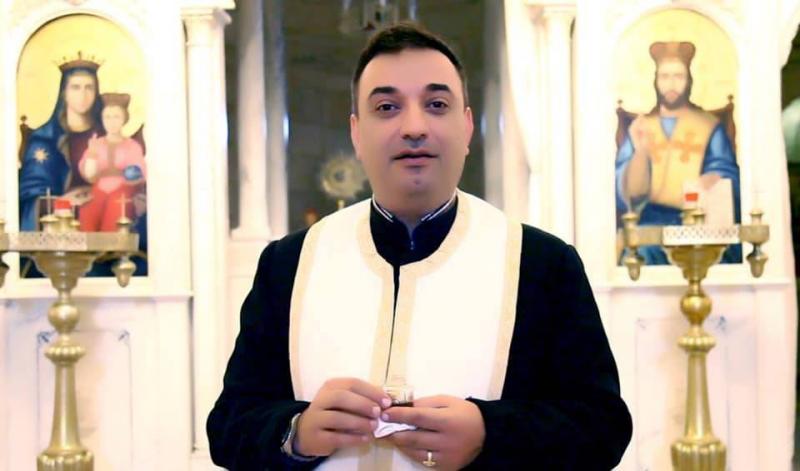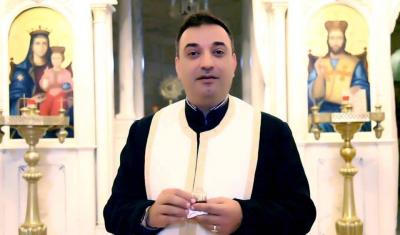The weather and climate specialist in Boston, Father Eli Khnisser, explained that the heatwave affecting three continents reminds him of what ancestors used to say: "In July, water boils in the jug." He downplayed the circulating stories about climate extremes, solar explosions, and global warming. Father Khnisser asks, "Are we heading towards scientific topics that explain the reality of what is happening? Strangely, the world can no longer adapt to high temperatures, thinking they are the harshest and that the earth will burn, overlooking the saying of our ancestors: 'In July, water boils in the jug and August is blazing...' So, does water boil and the atmosphere ignite with temperatures in the thirties or twenties?"
He added, "Since July 8, a strong Indian monsoon low has activated over the Arabian Peninsula, with its pressure dropping from 997 to 992 hPa, affecting Southeast Europe and the Middle East by reducing atmospheric pressure to about 1004 hPa. Consequently, hot air masses from the tropical regions, which received vertical sunlight, extended toward Lebanon and its neighbors. Last Sunday, the Indian pressure rose to 995 hPa, causing temperatures in Arab countries to drop by approximately two degrees. However, today, Friday, July 20, the pressure of the Indian low fell to 994 hPa over the Empty Quarter and will reach 990 hPa next Saturday, July 22. In parallel, the Sudanese low pressure over Chad, Nigeria, and Sudan will be around 1004 hPa, pushing scorching desert waves northward to cover Spain, France, Italy, Hungary, Serbia, Croatia, Greece, Bulgaria, Turkey, Cyprus, North Africa, the Middle East, Arab countries, Iraq, Iran, India, and Indochina. This will prolong the heatwave duration over Lebanon and the region until the first week of August, potentially extending for another week."
He continued, "It's worth noting that the hottest latitudes on Earth are along the Tropic of Cancer. The Tropic of Capricorn (south of the equator) has the largest proportion of oceans (water tropic), while the equatorial regions host tropical and major forests, such as the central African forests and the Amazon rainforest. As for the Tropic of Cancer, the desert areas are found there: the Sahara Desert, the Arabian Peninsula desert, and the Indian and Indochina deserts. Since the sun's rays are vertical between late June and July on this line, they interact primarily with the movement of the Indian low, followed by the Sudanese low, which raises temperatures in Europe."
When asked, "Why do southern European regions experience intense heat?" he responded, "This is a normal matter, noting that social media exaggerates things. Italy, Spain, Greece, and Turkey are located north of the Mediterranean Sea, which separates them from the Sahara Desert. When scorching air masses extend northward from Sudan and the deserts of Libya, Algeria, and Egypt, they cross the Mediterranean and carry the moisture from the sea, raising temperatures and humidity levels, making conditions suffocating, especially in Italy, which is surrounded by water to the east, west, and south. We repeat; this is natural."
Regarding Lebanon, he clarified, "Lebanon will begin to feel the hot atmosphere starting in the afternoon of July 21, intensifying gradually over the week, turning the weather fiery in all the mentioned countries, with temperatures in the Beqaa reaching 37-41 degrees."




